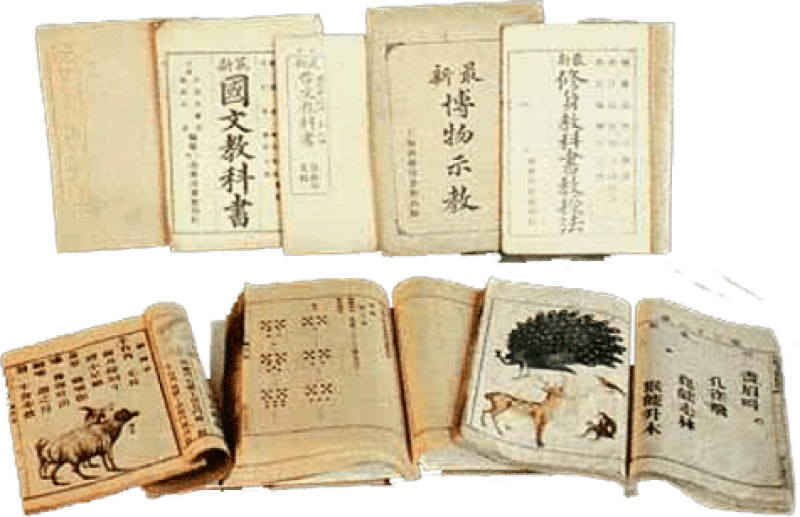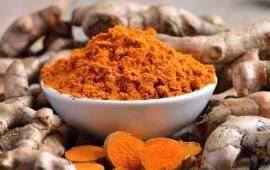There is a very ancient knowledge in different cultures of the planet about the properties of plants to treat a variety of diseases. Since the advance of scientific medicine, it has been possible to prove that in the structure of plants, whether leaves, stems, flowers or roots, numerous active medicinal principles can be found.
The first written document on phytotherapy in Egyptian culture dates back to 1500 BC. Egyptian knowledge spread rapidly through Mesopotamia and reached Greece. It has been estimated that more than 200 medicinal plants, including belladonna, were used in Babylon. At the other end of the continent, Eastern cultures developed in parallel. The Chinese emperor Shen Nung describes 1,000 medicinal plants 3,000 years B.C.
The knowledge of Chinese phytotherapy has aroused the interest of numerous researchers in recent decades to demonstrate through clinical trials its mechanisms of action in the treatment of various diseases, and especially in its use for the treatment of cancer.
I have collected two trials on a plant from the Chinese pharmacopoeia: Scutellaria baicalensis.
- The Scutellaria baicalensis is widely used in Chinese medicine as an adjuvant to traditional lung cancer chemotherapy. A University of East London trial has demonstrated selective tumor cell killing ability in lung cancer while preserving normal lung tissue fibroblasts intact. Overall, these results encourage further investigations into the molecular mechanisms supporting the current clinical use of S. baicalensis as an adjuvant treatment in lung cancer.1
- Another clinical trial from the University of Chicago demonstrates the effectiveness of Scutellaria baicalensis in reducing the side effects of nausea and vomiting associated with chemotherapy. In this study, the effects of Scutellaria baicalensis, on cisplatin-induced nausea and vomiting have been investigated using a rat model.2
More information on natural treatments for cancer here
1Gao, Jiayu (2010) Investigation of the anti-tumour effects of Scutellaria barbata and Scutellaria baicalensis on human lung cell lines.PhD thesis, University of East London.
2Aung, H.H., Dey, L., Mehendale, S., Xie, J.T., Wu, J.A., & Yuan, C.S. (2003). Scutellaria baicalensis extract decreases cisplatin-induced pica in rats. Cancer Chemotherapy and Pharmacology, 52(6), 453-458. doi: 10.1007/s00280-003-0694-9.




